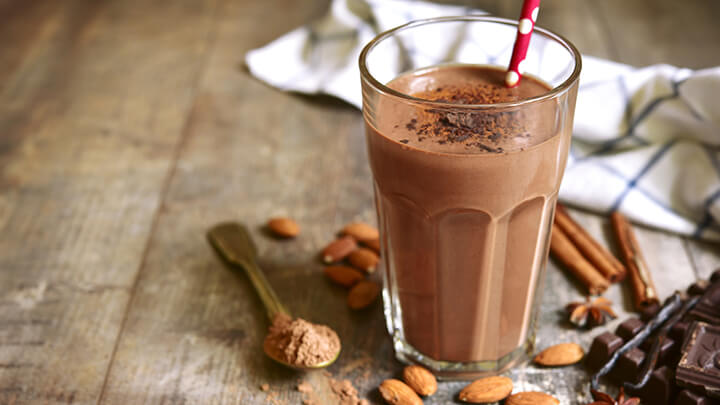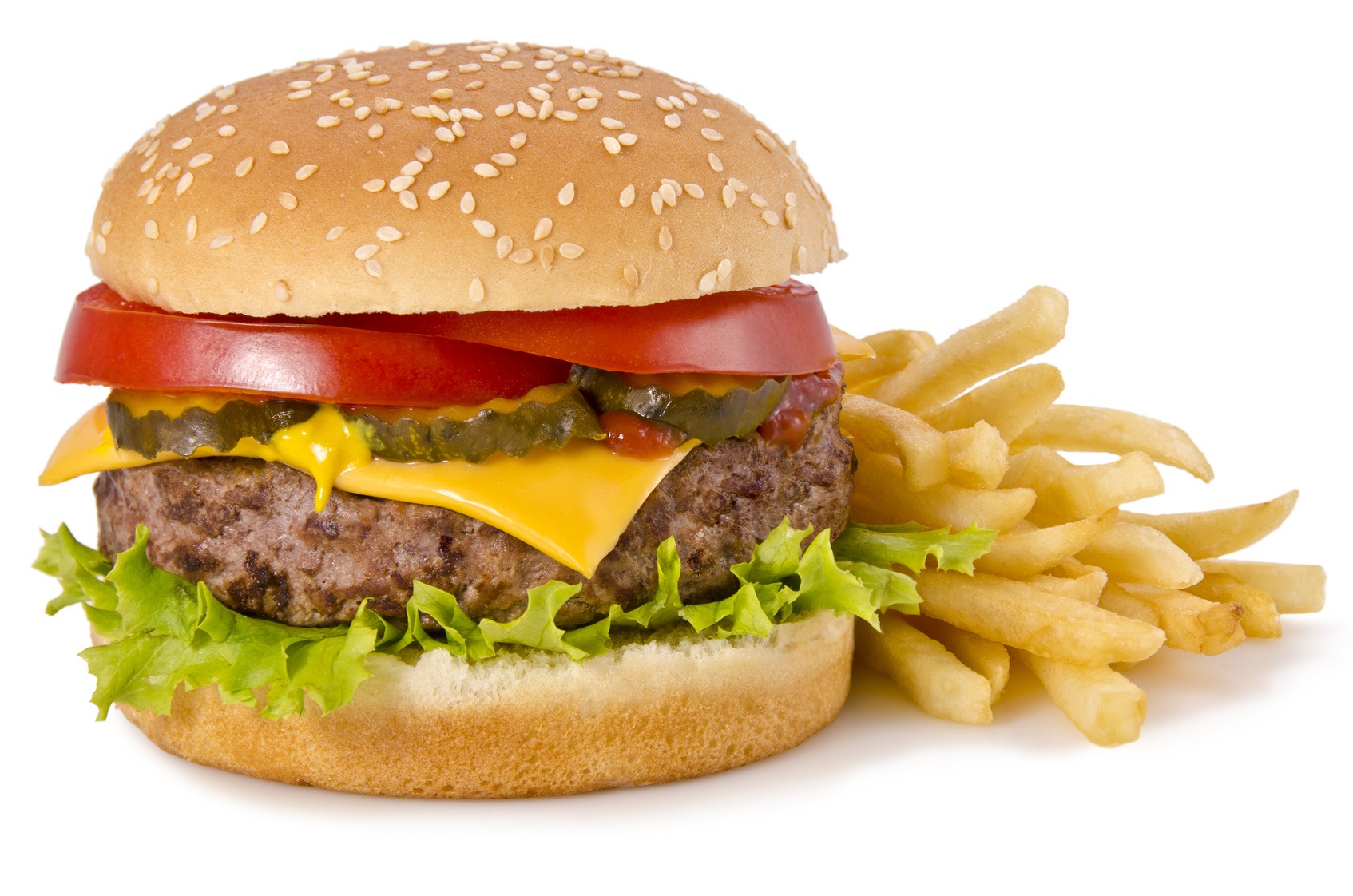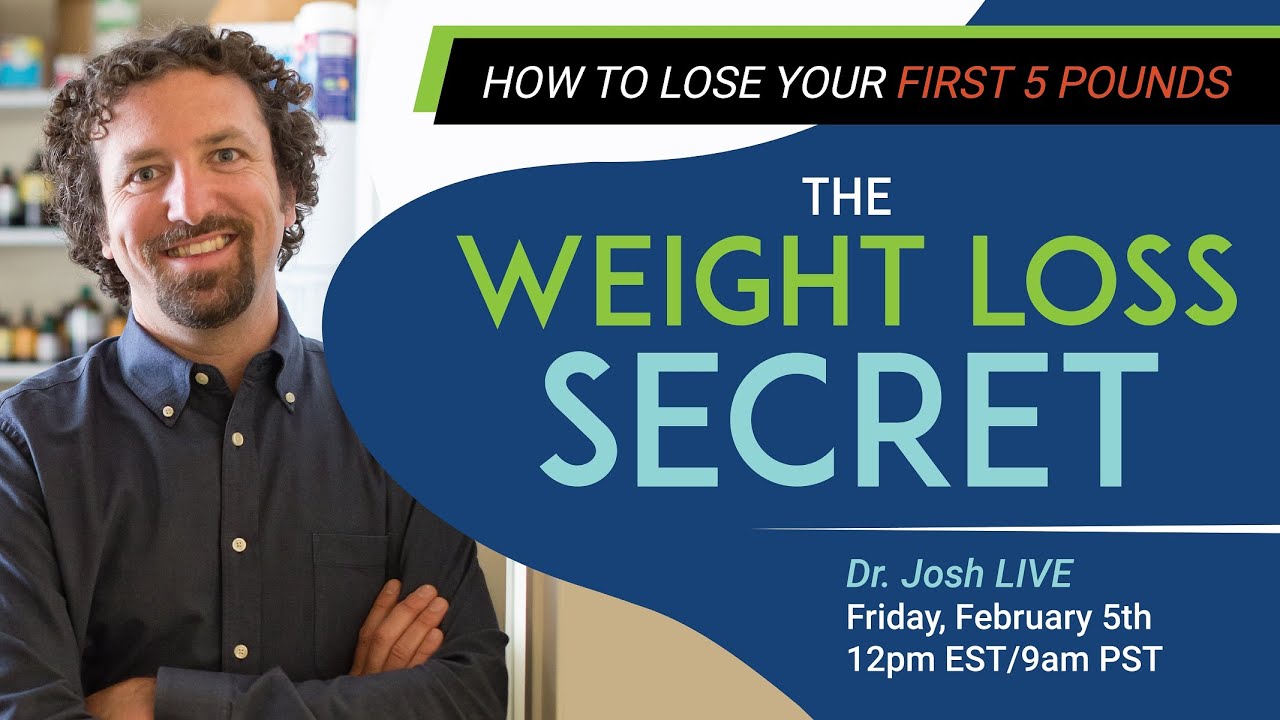The stories you tell yourself have a dramatic influence on your health. With that in mind (no pun intended) I’d like to share a famous study that shows just how critical your story can be when it comes to your wellbeing.
Labeling matters
I don’t need to convince you that the ingredients in your food are important considerations if you care about your health. “You are what you eat” is common sense. But what about the information on that nutrition facts label? Could simply reading the label influence your health regardless of what’s actually in the food? It sounds crazy, I know…
But, allow me to walk you through the “milkshake study” and you’ll understand why the label (and the story that it tells you) can have a huge influence on both your mindset and your physiology.
In 2011, Dr. Alia Crum, a psychologist at Columbia University’s Business School, designed an ingenious experiment with far-reaching implications. Here’s the gist of their study. Crum and her colleagues had volunteers drink identical milkshakes, but they modified one variable — the label.
One group of subjects got milkshakes called “Indulgent.” Thanks to the labeling, subjects getting this drink were led to believe that this drink was decadent, rich and loaded with calories and ingredients that would add inches to their waistlines.
The second group received a milkshake called “Sensi Shake.” The labels portrayed this drink as “healthy, nutritious, fat-free and low-calorie.”
The milkshakes were otherwise identical.
Perception influences physiology?
Remember, there was no difference whatsoever in the nutritional value of the milkshakes in either group. So, you’d expect that the physiological effects of the two shakes would be identical across both groups. Interestingly, when nurses measured hunger hormones (like ghrelin and leptin) in the volunteers after they had consumed theses shakes they found some startling results — levels of the hunger hormone ghrelin dropped significantly among subjects who thought they were consuming an indulgent shake.
To really appreciate the importance of this finding let’s take a quick look at the ghrelin and the role it plays in your body. Scientists refer to it as the “hunger hormone” because when it is secreted in large amounts you feel hungry. If you haven’t eaten in a while (or you’ve only had a small meal) then ghrelin levels will be high.
But if you’ve just eaten a large meal, then ghrelin levels will plummet, which signals fullness or satiety. Now here’s the really interesting part. Levels of ghrelin declined significantly in subjects who believed that they had consumed an indulgent milkshake. As Crum notes in summarizing her extraordinary results, “The ghrelin levels dropped about three times more when people were consuming the indulgent shake (or thought they were consuming the Indulgent Shake),” when compared to the subjects who drank the Sensi Shake (or thought that’s what they were drinking).
Takeaway
Crum’s milkshake findings are potentially paradigm shifting. As far as conventional medicine has been concerned, hormones like ghrelin are influenced by the nutritional components of a meal. But here is clear evidence that the story we tell ourselves (or the story others tell us) about a meal play a significant role in the biological response to that meal.
I believe Crum is really onto something when she says, “Labels are not just labels; they evoke a set of beliefs. I don’t think we’ve given enough credit to the role of our beliefs in determining our physiology, our reality.”
To what extent belief influences metabolic processes is far from clear. We need a lot more research. But Crum’s findings are very much in line with a large volume of data on the power of the placebo effect which clearly demonstrates the remarkable way that the mind can affect the body… for better or for worse.
The milkshake study also rightly calls attention to the importance of how labels influence beliefs and dietary habits. On a practical level, describing fruits and vegetables in attractive and positive terms can encourage people to eat a lot more of them. I’ve seen my wife, Amanda, work her magic on our kids (and those of our friends and family) by cooking up some colorful descriptions that make even the fussiest eaters want to take a bite.
By the way, Crum’s most recent work centers on investigating the connection between more “indulgent descriptions and vegetable consumption.” Stay tuned, I think her work going to be real food for thought.
Take good care,
Dr. Josh









